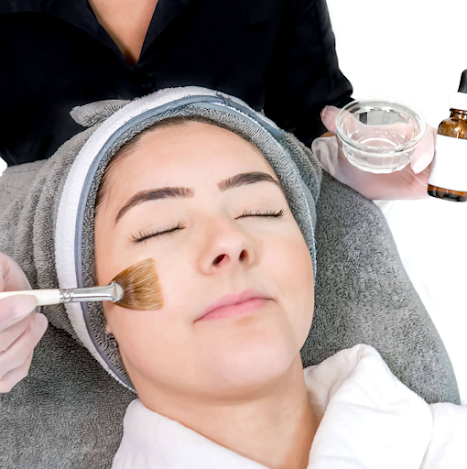Chronic wounds, a significant healthcare issue globally, can be challenging to manage due to their complex nature and costly treatment options. In Dubai, however, innovative and cost-effective solutions are being implemented to address this growing problem. Let's explore the economics of Chronic Wounds treatment in Dubai and how it is paving the way for more accessible and affordable treatment options.
Chronic Wounds Treatment in Dubai
In Dubai, chronic wound care is approached with a focus on both quality and cost-effectiveness. Healthcare facilities in the city are equipped with state-of-the-art technology and skilled healthcare professionals who specialize in wound management. This ensures that patients receive the best possible care without breaking the bank. Additionally, Dubai's healthcare system prioritizes preventive measures and early intervention, helping to reduce the overall burden of chronic wounds on the healthcare system.
Why is Chronic Wound Care Expensive?
Chronic wound care can be expensive due to a variety of factors. These include the need for specialized dressings, medications, and frequent medical visits. Additionally, complications such as infection or delayed healing can further drive up costs. In traditional healthcare settings, these expenses can quickly add up, making chronic wound care financially burdensome for patients.
How Dubai is Addressing the Cost of Chronic Wound Care
Dubai has implemented several cost-effective solutions to make chronic wound care more accessible to its residents. One such approach is the use of telemedicine and remote monitoring technologies, which allow healthcare providers to assess and treat wounds without the need for in-person visits. This not only reduces healthcare costs but also improves patients' convenience and access to care.
In addition, Dubai has invested in research and development to identify innovative wound care products that are more affordable without compromising quality. By partnering with pharmaceutical companies and medical device manufacturers, Dubai has been able to negotiate lower prices for essential wound care supplies, making treatment more cost-effective for patients.
The Role of Insurance in Chronic Wound Care Costs
Insurance coverage plays a significant role in the economics of chronic wounds treatment. In Dubai, many healthcare plans cover wound care treatments, including dressings, medications, and consultations. This reduces out-of-pocket expenses for patients and ensures that they can access the care they need without financial barriers. By working closely with insurance providers, Dubai has been able to create comprehensive coverage plans that prioritize wound care and support patients in their healing journey.
The Benefits of Cost-Effective Chronic Wound Care
Investing in cost-effective chronic wound care solutions offers numerous benefits for patients, healthcare providers, and the healthcare system as a whole. By reducing the financial burden of treatment, patients can focus on healing and improve their quality of life. Healthcare providers can deliver more efficient care, leading to better outcomes and lower healthcare costs. Additionally, cost-effective wound care solutions help to alleviate the strain on the healthcare system, ensuring that resources are used effectively and sustainably.
Conclusion!
Dubai's approach to chronic wound care demonstrates how cost-effective solutions can be implemented to improve patient outcomes and reduce healthcare costs. By prioritizing innovation, research, and collaboration, Dubai has positioned itself as a leader in providing accessible and affordable wound care treatments. Through continued investment and support, Dubai is paving the way for a more sustainable and effective healthcare system that benefits all stakeholders involved.

.jpg)



